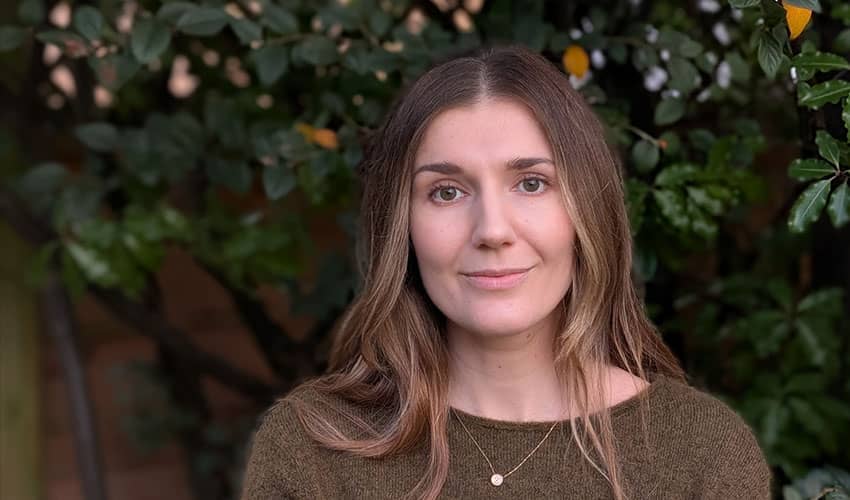People with dietary needs choosing not to attend outdoor events

Individuals with dietary requirements are choosing not to attend outdoor events because of the risks they associate with the experience, according to new research.
The study by the University of the West of England (UWE Bristol) was funded by the Association for Events Management Education (AEME).
The risks that concern UK residents with dietary requirements include not being able to purchase food they can eat, the potential for cross-contamination and being stigmatised when trying to purchase food.
A total of 710 people with medical, religious and ethical dietary needs were surveyed as part of a mixed-method research project which aims to explore the experiences of those with dietary requirements at UK outdoor events. This includes people who have attended an event in the last 12 months and those who have not.
More than half (53 per cent) of respondents had opted not to attend an event at least once for reasons relating to their dietary needs, with 49 per cent having felt ‘sad’ about this.
Over half (56 per cent) of the respondents agree to some extent that they feel ‘frustrated’ by their experience.
The research was conducted by Clare MacKay, Senior Lecturer in Events Management, and Dr Ed Little, Senior Lecturer in Marketing at UWE Bristol.
Clare said: “Our research shows that people with dietary needs associate outdoor events with risk, and this makes them anxious. They adopt various strategies to try to cope, including not attending, and this experience has a negative impact on their wellbeing.
“Forward thinking events organisers and food vendors can make changes to positively contribute to the wellbeing of attendees with dietary requirements and make events more sustainable.”
The researchers recommend events organisers undertake training to understand the diversity of dietary requirements and the impact of dietary needs not being met on individuals’ wellbeing.
They encourage events organisers to make a commitment to catering to the needs of attendees with dietary requirements for medical, religious and ethical reasons and ensure this is implemented in practice.
Finally, they advise events organisers to improve communications for attendees with dietary requirements and to avoid generalised statements that all dietary requirements will be catered for.
UWE Bristol is hosting an interactive workshop on Tuesday 27 May to share the research findings and provide events professionals with an opportunity to identify how they can make their events more inclusive. Further details and registration via this link: go.uwe.ac.uk/InclusiveEvents
Related news

16 February 2026
UWE Bristol researchers awarded grant to explore impact of asset recovery on offenders
UWE Bristol academics have been awarded funding to explore of the impact of asset recovery on deterring offender behaviour and disrupting crime networks.

10 February 2026
Work by UWE Bristol lecturer features in Government’s National Cancer Plan
Work by a UWE Bristol academic has been included in the Government’s National Cancer Plan.

23 January 2026
On-demand minibus services beneficial in rural areas but face financial challenges, trials suggest
Trials of ‘demand responsive transport’ minibus services boosted connectivity for people in rural and suburban areas, according to a new report produced by UWE Bristol researchers.

18 December 2025
UWE Bristol professor appointed National Institute for Health and Care Excellence CEO
Jonathan Benger CBE, Professor of Emergency Care at UWE Bristol, has been appointed as the new chief executive officer of the National Institute for Health and Care Excellence (NICE).

17 December 2025
Findings revealed from first UK study into experiences of mothers who are survivors of rape pregnancy
UWE Bristol academics have revealed the findings of the first UK-based study of the experiences of mothers who are survivors of rape pregnancy.

11 December 2025
Social media influencer work is far more demanding than it looks, research finds
A study exploring the mental health impacts of social media influencer work has revealed that life online is far more demanding than it appears.

25 November 2025
UWE Bristol experts join film Q&A exploring music and melodrama
Academics will take part in the Cary Comes Home Festival, with a post-screening Q&A exploring music, melodrama and emotional storytelling in classic cinema.

17 November 2025
Urgent reform needed to support ambulance-delivered end of life care, study finds
More than three quarters (78 per cent) of paramedics sometimes fear doing the wrong thing when caring for people in the last year of life, new research has found.

13 November 2025
Bristol’s screen industry experiences “boom-and-bust cycle” after post-pandemic recovery, new research from UWE Bristol finds
New research from UWE Bristol provides detailed insight into Bristol's screen sector.

13 November 2025
New AI research to revolutionise animal welfare
A UWE Bristol research project will combine behavioural science and AI to create technology that understands not only what animals do, but how they feel.

10 November 2025
Lessons from Low Traffic Neighbourhoods will drive better public engagement, study finds
Lessons from Low Traffic Neighbourhoods have informed a new toolkit to improve engagement with the public on challenging local street issues.

06 November 2025
First-of-its-kind study aims to help more people spend their final days at home
A new study will explore how architectural design could support end-of-life care in domestic settings.






